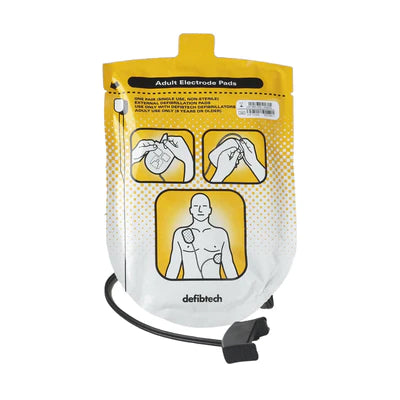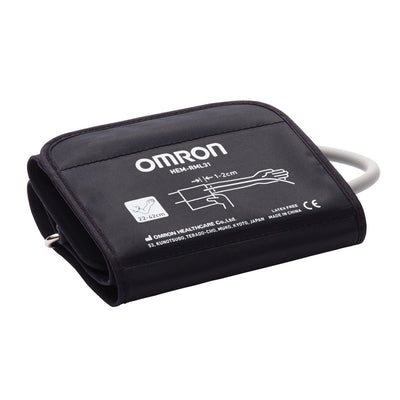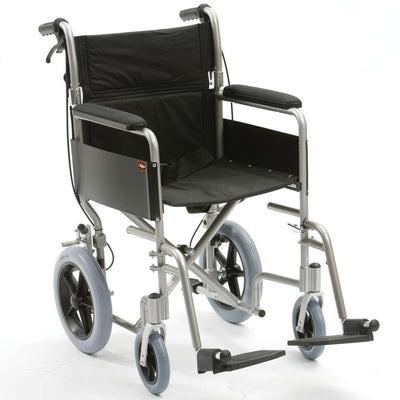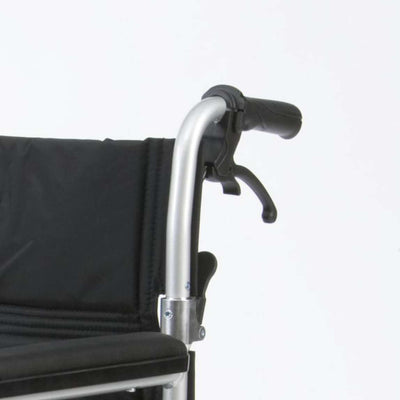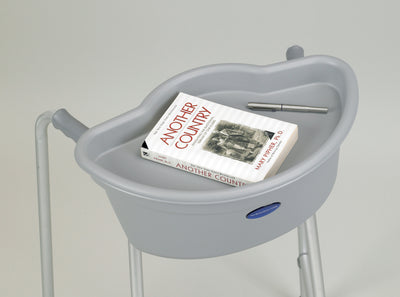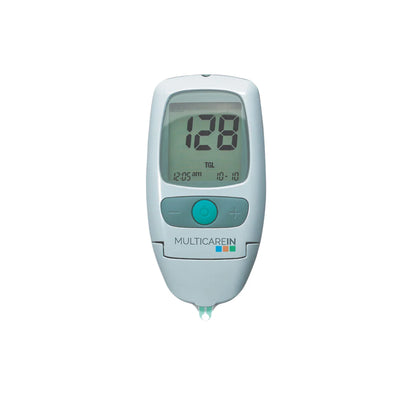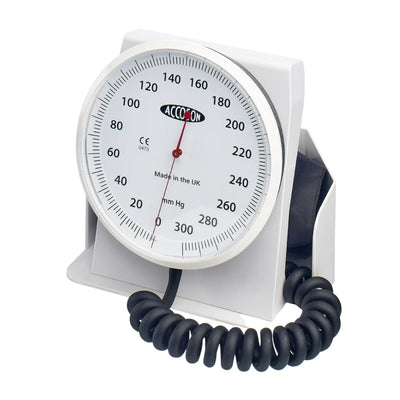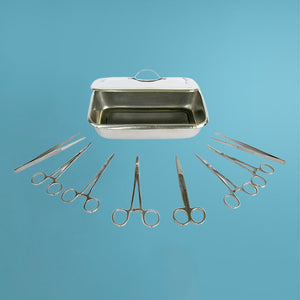A single event can transform our lives in an instant. It could be as simple as you waking up in the morning to a minor inconvenience or fleeting pain. The discomfort persists, and more symptoms start emerging. Your mind begins to race, and a nagging worry settles in. Could it be something serious? The doctor then confirms your worst nightmare. You have received a cancer diagnosis.
Cancer causes a seismic change that necessitates strength, support, and an unrelenting drive to conquer. This may range from having a physical toll on the body to the emotional upheaval and devastating impact on relationships. The effects of cancer ripple through every aspect of a person's existence, leaving no facet untouched.
For centuries, there’ve been arguments and discussions about the phrase “Knowledge is Power”. However, when it comes to our health, knowledge empowers us by providing us with information and understanding, which is true power. This blog post will take you through cancer symptoms to watch out for as well as crucial fundamental knowledge you'll need to handle the condition.
What is cancer?
Let’s take you back to the basics. Our bodies are made up of tiny building blocks called cells, and they usually grow and divide in a very organised and controlled way. Sometimes, something goes wrong with these cells. They start to grow too much and divide too quickly, creating a big group of abnormal cells called a tumour.
These tumours can cause problems in our bodies and make us feel sick. Simply put, cancer is a word used to describe a group of very bad diseases that can happen in our bodies when there are abnormalities in the division of cells in our bodies. Cancer can happen in different parts of our bodies, like our lungs, skin, or even our blood. It's important to watch out for symptoms of cancer early so that doctors can help us get better.
Types of Cancer
Here are some of the most common types of cancer known:
- Breast Cancer: Ladies, listen up! Breast cancer is like an unexpected guest that arrives uninvited and sets up camp in your breast tissue. This isn't meant to scare you; rather, it's meant to make you aware of how it affects you. One major misconception regarding this type of cancer is that it affects just women. That is the biggest delusion ever. There isn’t cause for alarm, however, because early detection and awareness can help you fight and beat cancer.
- Lung Cancer: The lungs play a vital role in supplying oxygen to the body and expelling carbon dioxide. Sadly, harmful substances like tobacco smoke can attack them, leading to the development of lung cancer. Prevention, however, and a smoke-free lifestyle, keeps our lungs healthy.
- Prostate Cancer: Guys, this one's for you! It's like a secret mission happening in your prostate gland. The prostate is a tiny walnut-shaped organ found directly below the bladder. The prostate gland is important in the male reproductive system because it produces a fluid that feeds and transports sperm. Prostate cancer may not cause any symptoms at first, so regular checkups are the key to catching it early.
- Leukaemia: This is like a superhero battle happening inside your body, where the mighty cells that protect you, called white blood cells, start multiplying uncontrollably and invade your bone marrow. Unlike their usual role of defending the body against harmful invaders, these mutated white blood cells lose their ability to function properly and overcrowd the bone marrow, impeding the production of healthy blood cells.
- Melanoma: Sun-loving folks, here's one for you! Melanoma is a type of skin cancer that arises due to the uncontrolled growth of pigment-producing cells called melanocytes. These cells are responsible for giving colour to our skin, hair, and eyes. While melanoma can occur in any individual, it is particularly associated with sun exposure and is often found on areas of the body that receive the most sunlight. Remember, SPF and shade are your best friends!
These are just some of the most common types of cancer available, among a variety of others. Each one has its specific characteristics and challenges. Raising awareness and supporting research can help in the fight against cancer.
Early Symptoms of Cancer to Look Out For
As with every ailment, there are always signs and symptoms that accompany it. Understanding these symptoms can help with early detection and, ultimately, early treatment commencement.
Here are some early signs and symptoms of cancer to look out for:
- Unusual lumps or bumps: Sometimes, our bodies can develop strange lumps that don't go away. If you notice any weird bumps on your body, especially if they're getting bigger or causing pain, it's important to go to the hospital to have them checked.
- Changes in your body: Our bodies change as we grow, but sometimes changes can happen that don't seem right. For example, if you suddenly start losing weight without trying or if you notice unusual bleeding, it's important to talk to someone who can help.
- Persistent pain: If you have a pain that won't go away, like a tummy ache or a headache that lasts for a long time, especially one that becomes persistent, you have to see your doctor. They will help you figure out if it's just a normal pain or something that needs more attention.
- Feeling really tired: It's normal to feel tired sometimes, especially after a long, busy day. Nonetheless, if you're feeling extremely tired all the time, even when you're getting enough sleep, it's important to check in with your doctor. They can help you figure out why you're feeling so tired and find ways to make you feel better.
Remember, it's always a good idea to speak with or visit a physician if you observe any of these symptoms or anything else that troubles you. They can ensure that you receive proper care, if necessary, and assist you in understanding what is happening. It's plausible to request assistance when you require it since your health is vital.
Other Signs That Come With Cancer
While the person affected reports symptoms as subjective experiences or sensations, professionals can observe or measure signs as objective indications of a medical condition.
The subheading above discussed the symptoms. Now, we will be relaying signs that we should look out for:
- Unexplained weight loss: If you're losing weight without trying, especially if it's a significant amount, it's important to consult your doctor.
- Persistent cough or hoarseness: If you have a persistent cough or your voice changes and becomes hoarse for an extended time period, you should seek medical attention.
- Changes in bowel or bladder habits: You should seek medical assistance if you notice any unexpected changes in your bathroom habits, such as blood in your stool or urine, prolonged constipation or diarrhoea, or frequent urination.
- Difficulty swallowing or persistent indigestion: If you have difficulty swallowing food or if you often get indigestion or heartburn that does not go away with over-the-counter medications, you should seek medical help.
Your healthcare provider can evaluate these signs and provide appropriate guidance or the necessary tests to determine the cause and provide appropriate care if needed.
Practising Self-evaluation
Self-evaluation is a powerful tool in the battle against cancer. It's like having your own superhero radar, helping you detect any unusual changes in your body.
Getting familiar with your body's normal patterns and paying attention to any potential warning signs helps you become an active participant in your own health.
It could range from checking for lumps or bumps during breast self-exams to being mindful of changes in your skin, weight, or energy levels. Self-evaluation empowers you to take control of your well-being.
Keep in mind that you are your body's best advocate, and that self-evaluation enables you to identify any possible problems early and to seek medical assistance as soon as necessary. So pay attention to your body's cues as you set off on your road to self-discovery and cancer monitoring. You've got this!
When to Seek Medical Attention
We must understand that experiencing these signs and symptoms does not automatically mean you have cancer. However, it is essential to take them seriously, and if you are concerned, consulting a healthcare professional promptly is crucial. Early diagnosis and intervention offer the best chances for successful treatment and recovery.
To wrap this up, recognising the signs of cancer and seeking timely medical attention can be life-saving. Regular screenings, self-examinations, and awareness of your body's changes are vital to detecting cancer at its earliest stages.
Remember to spread awareness and share this valuable information with your loved ones, as early detection truly makes a difference in cancer outcomes. Stay vigilant, stay informed, and prioritise your health.
At Mediworld, we are aware of the importance of leading a healthy lifestyle and the benefits it can provide. We are here to serve you as a dependable supplier of medical and home-care goods as you journey towards better health. With more than 40 years of expertise, we can help whenever you need it.
Need further assistance? If you have any inquiries, don't hesitate to get in touch with us.
To stay updated, don't forget to read our informative health blogs.


